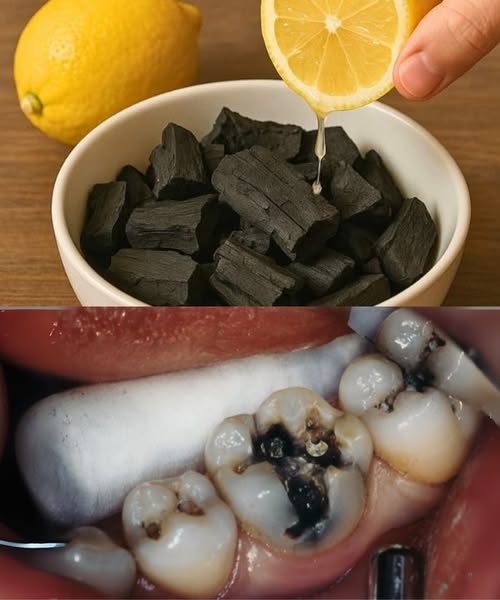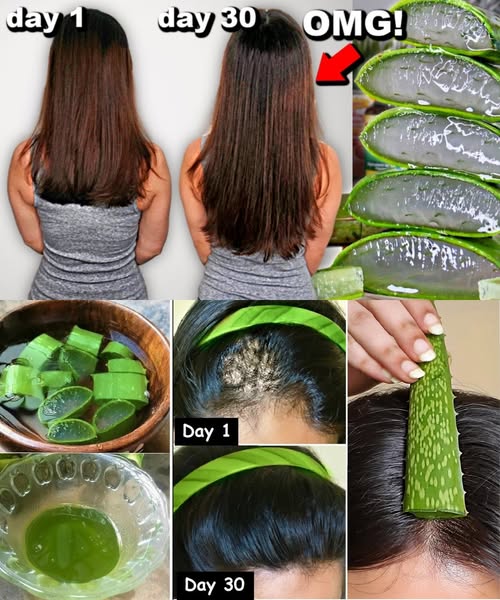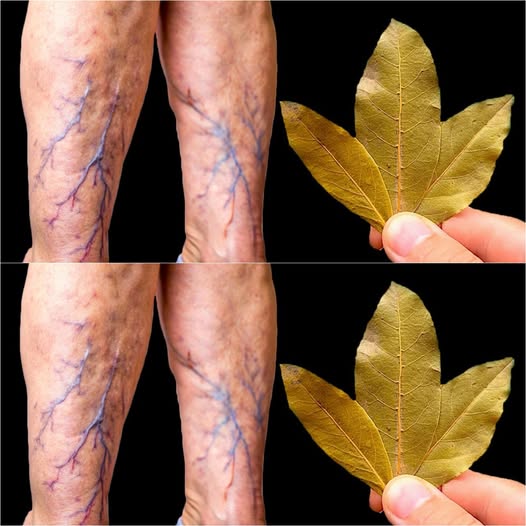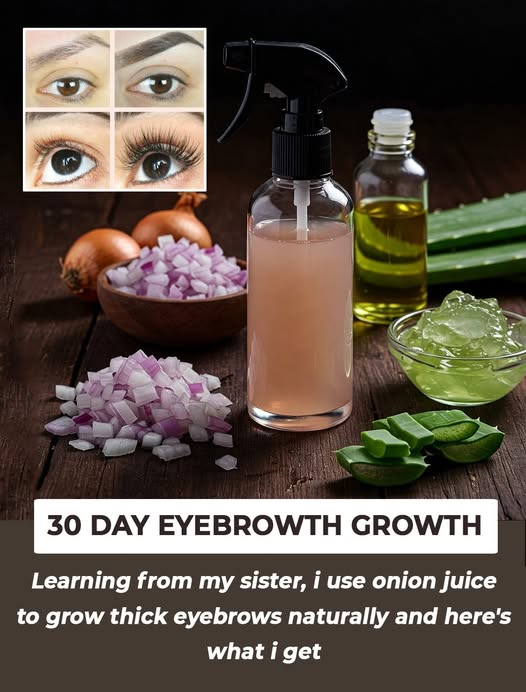Introduction
Cavities are one of the most common dental problems worldwide, affecting more than 2.3 billion people every year according to the World Health Organization (WHO). Traditionally, the only solution most people know is to visit the dentist for fillings, root canals, or even extractions. But here’s the truth many don’t realize: in certain early stages, you can naturally repair and even reverse a cavity at home—without expensive dental procedures.
In this comprehensive guide, you’ll learn how to strengthen your teeth, naturally remineralize enamel, and stop cavities in their tracks. We’ll cover the science behind natural cavity repair, practical strategies you can apply today, and frequently asked questions to clear up common misconceptions.
If you’re searching for actionable solutions, powerful natural remedies, and expert-backed strategies to heal your teeth naturally, this article is for you.
What Exactly Is a Cavity?
A cavity forms when bacteria in your mouth produce acids that erode tooth enamel. Over time, this erosion creates tiny holes in the tooth structure. If left untreated, cavities progress to deeper layers, causing pain, infection, and eventually tooth loss.
But here’s the game-changing insight: if detected early enough, cavities can be stopped and even repaired naturally through remineralization—a process where lost minerals like calcium and phosphate are restored to the enamel.
7 Natural Ways to Repair a Cavity at Home
1. Optimize Your Diet for Stronger Teeth
What you eat directly affects your dental health. Sugar and refined carbs are the primary fuel for cavity-causing bacteria. Cutting them out—or at least minimizing intake—creates an environment where your teeth can heal.
Actionable Tips:
- Eliminate sugary drinks and processed snacks.
- Eat more leafy greens, nuts, and dairy products rich in calcium.
- Include phosphorus-rich foods like eggs, fish, and seeds.
🔑 Key takeaway: Your diet can either weaken your enamel or rebuild it.
2. Use Mineral-Rich Toothpaste and Powders
Conventional toothpaste often contains fluoride, which helps remineralize enamel. However, natural alternatives with calcium, hydroxyapatite, or bentonite clay can also restore minerals.
Top Ingredients to Look For:
- Hydroxyapatite (a natural enamel-building mineral)
- Calcium carbonate
- Xylitol (reduces bacterial growth)
3. Oil Pulling Therapy
Oil pulling is an ancient Ayurvedic practice that involves swishing natural oil in your mouth for 10–20 minutes. Research shows that it reduces harmful bacteria, prevents plaque buildup, and supports natural cavity repair.
How to Do It:
- Use coconut oil or sesame oil.
- Swish around your mouth for 15 minutes before spitting it out.
- Repeat daily for best results.
📊 Studies show oil pulling can reduce Streptococcus mutans (the main cavity-causing bacteria) by up to 30%.
4. Increase Vitamin D and K2 Intake
Vitamins play a vital role in remineralization. Vitamin D helps your body absorb calcium, while Vitamin K2 directs calcium to your teeth and bones rather than soft tissues.
Sources:
- Vitamin D: Sunlight, fatty fish, egg yolks
- Vitamin K2: Grass-fed butter, cheese, fermented foods
5. Try Remineralizing Mouth Rinses
Mouth rinses containing calcium and phosphate ions help speed up the healing of early cavities. Homemade versions can also be effective.
DIY Remineralizing Rinse Recipe:
- 1 cup of filtered water
- 1 tsp of calcium carbonate
- A pinch of baking soda
- 1–2 drops of peppermint oil (for freshness)
6. Stay Hydrated with Mineral Water
Saliva is your body’s natural defense against cavities. It contains minerals that repair enamel. Drinking enough water—especially mineral-rich water—boosts saliva production and enhances remineralization.
Pro Tip: Choose water with natural calcium and magnesium content for maximum benefit.
7. Avoid Harmful Habits That Block Healing
Even the best natural remedies won’t work if harmful habits undo your efforts.
🚫 Avoid:
- Frequent snacking on sugary or acidic foods
- Smoking and alcohol (which dry out the mouth)
- Brushing too hard (causes enamel erosion)
✅ Replace with:
- Mindful eating (stick to 3–4 meals a day)
- Sugar-free gum with xylitol
- Gentle brushing with a soft-bristle brush
Frequently Asked Questions (FAQs)
❓Can cavities really heal without a dentist?
Yes—if caught in the early stage (when the enamel is just demineralized but not yet fully broken down). At this point, remineralization can stop and reverse damage. Advanced cavities, however, usually require professional treatment.
❓How long does it take to naturally repair a cavity?
It varies. With consistent diet and lifestyle changes, some people notice improvements in 3–6 months. However, progress depends on cavity size, mineral intake, and oral hygiene habits.
❓Is fluoride necessary for healing cavities?
Fluoride is effective, but not the only solution. Natural alternatives like hydroxyapatite and calcium-based pastes offer similar or better remineralization benefits without potential side effects.
❓What foods should I absolutely avoid?
- Soda and energy drinks
- Candies and pastries
- White bread and chips (they stick to teeth and feed bacteria)
❓Can children’s cavities be reversed naturally?
Yes, children’s teeth remineralize faster than adults’. However, diet control and natural supplements like Vitamin D3 and K2 are especially crucial during development.
The Science Behind Natural Cavity Repair
Dental research increasingly supports the concept of natural remineralization. A study published in the Journal of Dental Research showed that hydroxyapatite toothpaste performed as well as fluoride toothpaste in repairing early enamel lesions. Another study found that Vitamin D supplementation reduced the risk of cavities in children by 47%.
This means the path to healthier teeth isn’t only through fillings and drills—it can be through nutrition, lifestyle, and natural oral care.
The Hidden Cost of Ignoring Cavities
It’s tempting to delay treatment, but untreated cavities lead to:
- Pain and infections
- Expensive root canals or crowns
- Tooth loss and replacements
💡 Preventing or repairing cavities naturally can save you thousands in dental bills and spare you unnecessary pain.
Conclusion
Cavities don’t have to mean an immediate trip to the dentist. By understanding the process of remineralization and applying natural strategies, you can repair early-stage cavities, strengthen enamel, and protect your smile.
Quick Recap of Natural Cavity Repair Strategies:
- Eat a mineral-rich diet and avoid sugar.
- Use remineralizing toothpaste.
- Practice oil pulling.
- Boost Vitamin D and K2 intake.
- Try remineralizing rinses.
- Stay hydrated with mineral water.
- Avoid harmful oral habits.
The sooner you act, the better your chances of reversing a cavity naturally. While advanced cavities still require professional treatment, these natural approaches can significantly reduce your risk, improve oral health, and save you money in the long run.



